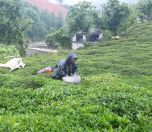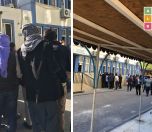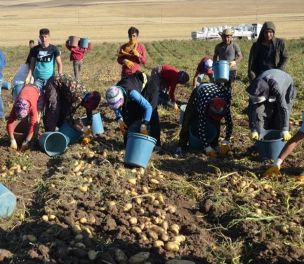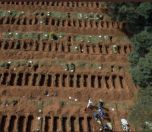Photo: Greenpeace
Click to read the article in Turkish
Turkey may have difficulties accessing some agricultural products in case of the continuation of the coronavirus pandemic, Greenpeace Mediterranean has warned.
Lengthening of lockdowns and travel bans would cause disruptions in supply chains and production and an increase in food prices, which may lead to a severe food crisis for at least 34 countries, including some of Turkey's neighbors, the group said in a new report titled "Turkey's Food Security in the context of the Pandemic."
Although Turkey is among the top 11 agricultural countries in the world with a yearly production worth of 44 billion US dollars, it is still fragile against such a big crisis and may have the following problems according to the report:
- Prices of soy, which Turkey imports, are predicted to increase by 26 percent.
- Sunflower yield is expected to be negatively affected as it is mostly done in the Marmara region, which includes İstanbul, the most affected province from the pandemic. Tekidağ, a neighboring province to İstanbul, has 19 percent of the total production in the country.
- The price of rice in Turkey increased by 36 percent in March 2020 compared to April 2019, because of the increase in currency and prices.
- The decrease in the agricultural labor force in spring months due to the outbreak may cause problems for autumn and the following year.
- In case of the lengthening of the outbreak and a lockdown after a second wave, problems may occur in delivering food from high production areas to low production areas, which may cause problems in terms of basic food needs for some regions, especially Eastern Anatolia and Central Anatolia.
- Among agriculturists in Turkey, the proportion of those over 65 years of age is high and the average age is 56. Agriculturists and seasonal workers' failing to go to fields in spring months may cause problems in the production of some fruits and vegetables that must be planted in spring.
- As the prices of agricultural chemicals and fuel will increase with the rise of the dollar, small-scale farmers who yield a single product in a year may stop cultivation. Because of this, needs may have to be met from external sources.
- Seasonal workers from Georgia could not come because the borders were closed, which created pressure on tea production.
Recommendations by Greenpeace
Greenpeace Mediterranean called on the Ministry of Agriculture and Forestry to prepare and implement an "Agriculture and Food Plan During Periods of Crisis."
It made the following recommendations:
- Planning the production of imported products in local conditions.
- Encouraging young people to agriculture.
- Bringing fertile lands to agriculture, especially to ensure that larger cities such as İstanbul and Ankara to make self-sufficient production.
- Creating land plans for each production area to meet the food needs of the local population.
- Regulating the conditions of seasonal workers in consideration of the outbreak.
- Creation of necessary buffer zones for the conservation of biodiversity.
- Providing the necessary conditions for small producers to continue production, expanding the producer markets.
- Prioritizing legume production due to its rich protein content. (EMK/VK)




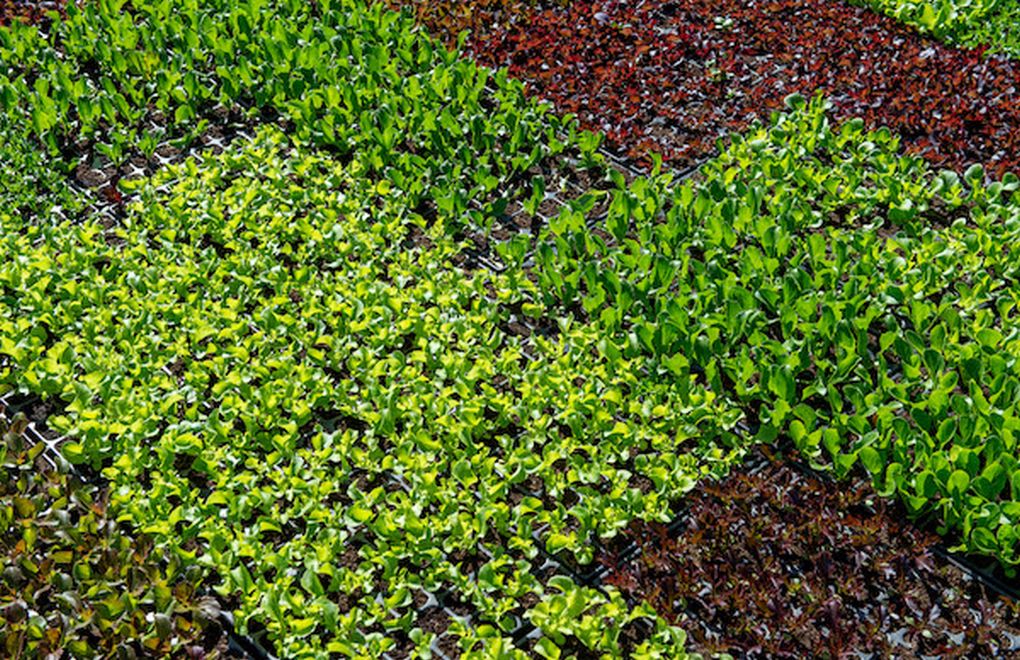
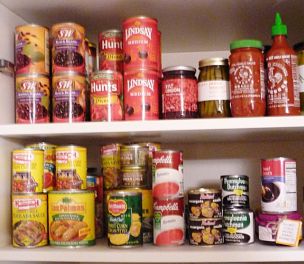
a.jpg)
